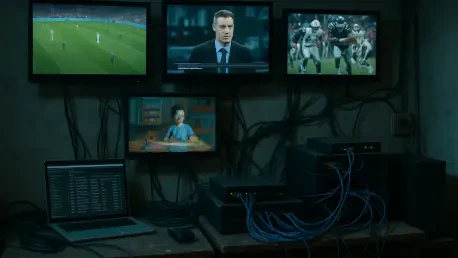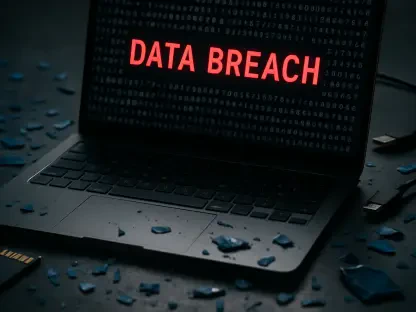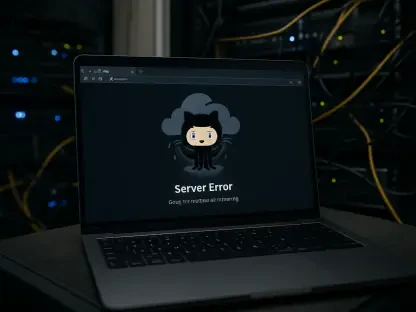In a startling revelation that underscores the persistent threat of digital piracy, cybersecurity researchers have exposed a sprawling Internet Protocol Television (IPTV) operation affecting some of the biggest names in entertainment and sports. This illicit network, spanning over 1,100 domains and more than 10,000 IP addresses, has been operating under the radar for several years, targeting over 20 prominent brands such as Netflix, Disney Plus, Prime Video, HBO, Apple TV, Hulu, Formula 1, Premier League, and UFC. The scale of this operation is staggering, offering premium content at a fraction of the cost—sometimes as low as $15 per month for thousands of channels—while undercutting legitimate streaming services. Beyond the financial blow to copyright holders, this piracy ring poses significant risks to unsuspecting users, including exposure to fraud, identity theft, and malware. The audacity and sophistication of such networks highlight a growing challenge in the digital age, where illicit operations leverage complex infrastructure to evade detection and continue thriving.
Exposing the Underbelly of Digital Piracy
The investigation into this massive IPTV piracy network has linked the operation to two companies, XuiOne and Tiyansoft, with a central figure, Nabi Neamati from Herat, Afghanistan, identified as a key player managing the domains and owning Tiyansoft. What sets this network apart is its intricate technical setup, relying on private infrastructure that makes tracking and dismantling it extraordinarily difficult compared to legitimate services. A notable example within this web is a site claiming to operate 2,000 servers across 198 countries, a claim supported by the data uncovered. Cybersecurity experts note that such networks frequently change IP addresses and registration details to avoid detection, contributing to an illicit industry that generates billions of dollars annually. The dual harm is clear: major global brands suffer from widespread copyright infringement, while consumers face hidden dangers. Although the content appears overwhelmingly unauthorized, final confirmation from affected media companies is still pending, leaving a slight chance of undisclosed licensing agreements, though no evidence currently supports this possibility.









